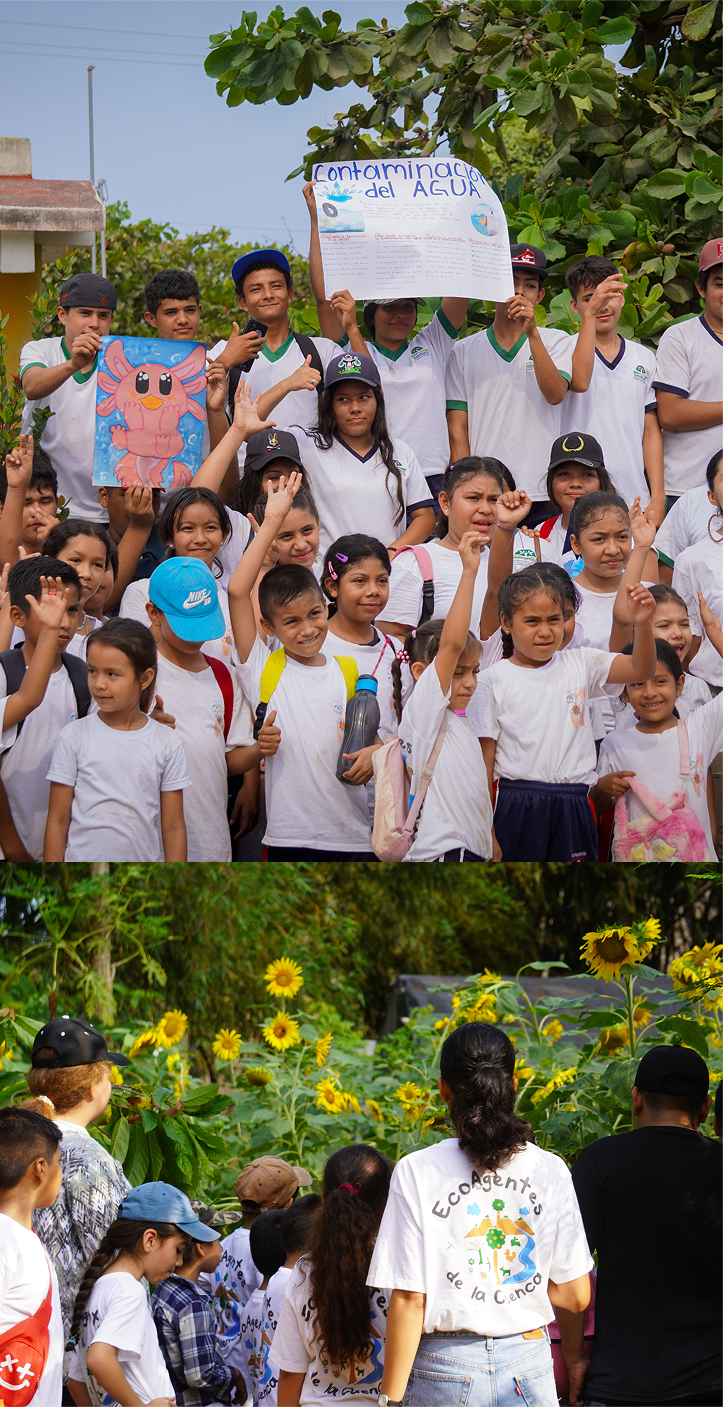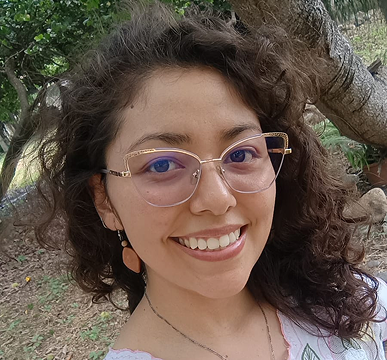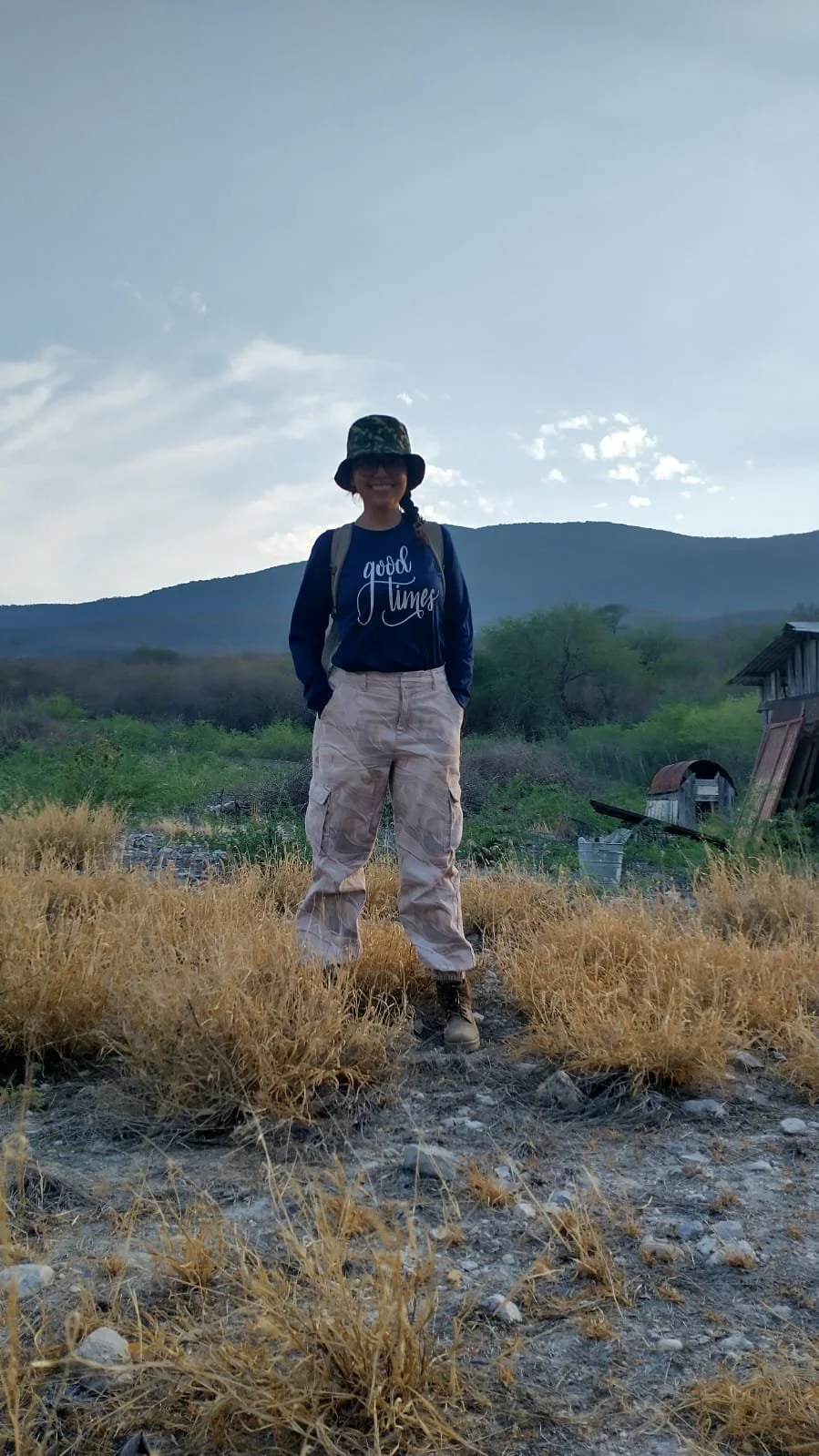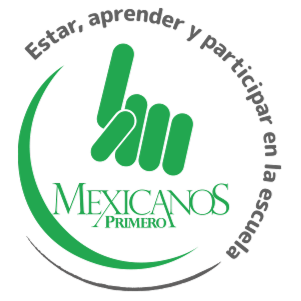
About ReSiMar
Our Story
Born from B-Corp certified, regenerative boutique hotel, Playa Viva’s commitment to community-based regeneration, ReSiMar (Regenerating from Sierra to Mar) takes a systemic approach to restoring ecosystems and improving community well-being. Focused in the Juluchuca micro-watershed, acting as a lab, our work spans forests, farms, rivers, and oceans to create long-term resilience and a replicable model for small coastal community regeneration.
Our Approach
We regenerate natural and human abundance by integrating five core nodes:
Marine Conservation
Protecting sea turtles, mangroves, sustainable fisheries, marine ecosystems and a special project: Jaguar conservation.
Regenerative Education
Empowering the next generation through environmental learning, wellness and pride in their ecosystem.
Permaculture
Supporting a burgeoning women's cooperative, sustainable agriculture, and ranching to bolster the local economy.
Water Monitoring & Conservation
Promoting clean, healthy water through science and stewardship.
Terrestrial Habitat Regeneration
Rebuilding native forests to restore biodiversity.
Meet Our Node Leaders
Permaculture Node:
Osmaira Hernandez
Osmaira Hernández is a hopeful environmentalist with a degree in Environmental Sciences and Sustainable Development from the Universidad Iberoamericana Puebla. In the last five years, through volunteering, academic, and now professional projects, Osmaira pursues initiatives focused on reconnecting people with their natural environment. As the Permaculture Node leader, she has worked on developing a women's cooperative focused on processing food within regenerative agriculture systems. Hand-in-hand with other community members and international experts the cooperative encourages women's empowerment in the watershed. In addition, Osmaira has also participated in finding key local producers who are interested and committed to experimenting with different ways of farming to jointly develop a Food Hub with outlets for local, national, and international markets.
What's your favorite thing about your work?
Osmaira: My favorite part of the work is being able to connect with people, to facilitate and create safe spaces for vulnerability and learning in environments where we reconnect with the soil and ancestral knowledge.
Education Node:
Ximena Rodriguez
Ximena Rodríguez is a passionate Sociologist with a degree in Sociology from the Universidad Nacional Autónoma de México (UNAM), who has dedicated the past seven years to teaching, both in city and rural environments. She employs the horizontal pedagogy method in which the students are the agents of active transformation. The regenerative methodology she shares with the communities looks to the ecosystem itself as an educator alongside holistic strategies for meaningful learning. Ximena is passionate about how learning has the power to make strong and resilient communities and believes that with education, art, and nature, a critical, sustainable and cooperative way of living emerges.
What's your favorite thing about your work?
Ximena: I love having the opportunity to recognize my limitations and growth by finding learning opportunities in multiple moments, in different spaces, and from diverse perspectives.
Marine Conservation Node:
Larissa Hernandez
Larissa Hernández is a marine conservation advocate with a degree in Marine Biology from the Universidad Autónoma de Baja California Sur (UABCS). She has dedicated the past seven years to sea turtle conservation, working on nesting areas from Cabo San Lucas and Todos Santos, Mexico to Guanacaste, Costa Rica. Bringing her experience to the La Tortuga Viva sea turtle camp she wants to enhance organizational practices, including cleaning, and data collection. Looking to the future of La Tortuga Viva she wants to make research projects with Mexican and international universities and secure collaborations with big NGOs focused on sea turtle conservation. She seeks to support and value the efforts of our local volunteers, maintaining the reciprocal mindset we have at Playa Viva, as well as offering them training and access to workshops. With the children in our community, she sees an opportunity to work alongside Ximena to educate and instill a sense of love and respect for both for the wildlife and the natural resources in our community.
What's your favorite thing about your work?
Larissa: My favorite part of the job is going on nightly patrols to look for sea turtles coming to nest. I love sitting on the sand to watch the mothers lay their eggs, enjoying the starry skies or the bioluminescence in the ocean, and having the privilege of releasing baby sea turtles almost every day. But honestly, what I love the most is that it doesn’t feel like work. And to me, that’s a true gift.
Water Node Leader:
Viridiana Contreras
Viridiana Contreras is a Biologist with a master’s degree in Biological Science from the Universidad Nacional Autónoma de México (UNAM), who has more than 6 years of experience working with anthropological effects in wildlife from Low Deciduous Forests to freshwater. In addition, she has more than 5 years of experience creating science dissemination content on social media to promote the respect and protection of wildlife and natural spaces. Viri’s work as the Water Node leader is to connect young people from the watershed’s High school with their surroundings and highlight the importance of living near healthy inland water bodies and ecosystems. Viri promotes learning to engage in community science and to remember the value of coexisting with nature within the Juluchuca watershed. She is excited to see the community reconnect with the ecosystems around them to understand, protect, and heal them.
What's your favorite thing about your work?
My favorite part is seeing how surprised and excited people are when they discover and fully understand the cycles of nature. Also, I love to see how our work enables the recovery of ecosystems. And finally, I am very happy to make science a space suitable for everyone, because I firmly believe that it is meant to be shared with society and that change can be achieved through wonder.
Meet our Node Advisors
-

Martin Goebel Director LegacyWorks Group Mexico
Founder and Ex-Director, Sustainable Northwest
-

James Honey, Director of Programs at LegacyWorks Group
Ex-Director of El Mangle, Reflexión y Acción; La Paz, y, ex-Director at Sustainable Northwest; Portland, Oregon.
-

Water Node Advisor: Maria Teresa Gutierrez
CEO Fondo para la Comunicacion y Educacion Ambiental FCEA and developer of the agua.org.mx national program. . Leader of the watershed and community laboratory (including citizen science, large-scale sanitation, and derived eco-technologies) in Manialtepec, Oaxaca.
-

Marine Conservation Node Advisor: Pablo Castro Moreno
Director of Natural Resources at LegacyWorks Group México; Coordinator at BCS ProNatura Noroeste; and Consultor INAPESCA
-

Regenerative Education Node Advisor: Patricia Vázquez del Mercado
CEO Mexicanos Primero, Ex-Secretary of Education for the State of Puebla, and founder of the ‘Enseña por México’ model in Puebla.
-

Permaculture Node Advisor: Amanda Harris, Gente Viva
Director of the Gente Viva Permaculture Farm and Regional Food Hub; Agroforestry Lead at Tierra Foods; and Founder and Lead Designer at Servicios Mufeli, a regenerative landscaping company based in coastal Guerrero.
Our Impact Partners
LegacyWorks Group (LWG) is a hybrid, impact-driven organization that weaves together community action, technical expertise, and regenerative finance to tackle some of Mexico’s most pressing ecological, economic, and social challenges. Anchored in the East Cape region of Baja California Sur, and with strong alliances in Guerrero and Jalisco, LWG leads the Sierra a Mar model a scalable, place-based approach to restoring ecosystems, revitalizing local economies, and strengthening community resilience.
With over 75 years of combined leadership experience, LWG brings deep roots in field-based knowledge and the development of impact initiatives at multiple scales across Mexico and the United States, energized by the creativity and commitment of an emerging generation of regenerative leaders.
Through its partnership with ReSiMar, it activates technical, narrative, and community capacities to regenerate territories from within. Its work is grounded in active listening, shared authorship, and a long-term vision to co-create thriving futures for the ocean, the land, and those who call them home.
Educational Monitoring (MONITO) is a platform developed by Mexicanos Primero to facilitate the monitoring of educational statistics, indicators, and policies at the national and state levels. The platform offers information organized by state and a page dedicated to the national panorama, including educational statistics and indicators, the objectives, strategies, and actions of sectoral education programs, as well as data on the responsible agencies and their heads. We invite you to learn about MONITO and browse its different sections!
Our goal is to induce behavioral changes in society that contribute to the restoration and sustainable use of Mexico's natural and cultural heritage, through the management of comprehensive communication projects aimed at specific audiences. To fulfill our work, the FCEA focuses its work on the communication-education axis and works along the following programmatic lines:
1. Access to reliable information on Mexico's environmental situation.
2. Capacity building among communicators, educators, and other strategic sectors.
3. Resource management to promote environmental education and territorial regeneration.
Support our regenerative efforts.© Copyright 2025 - ReSiMar
